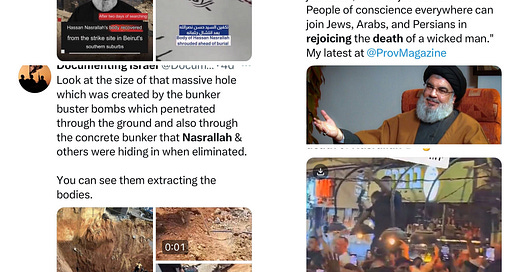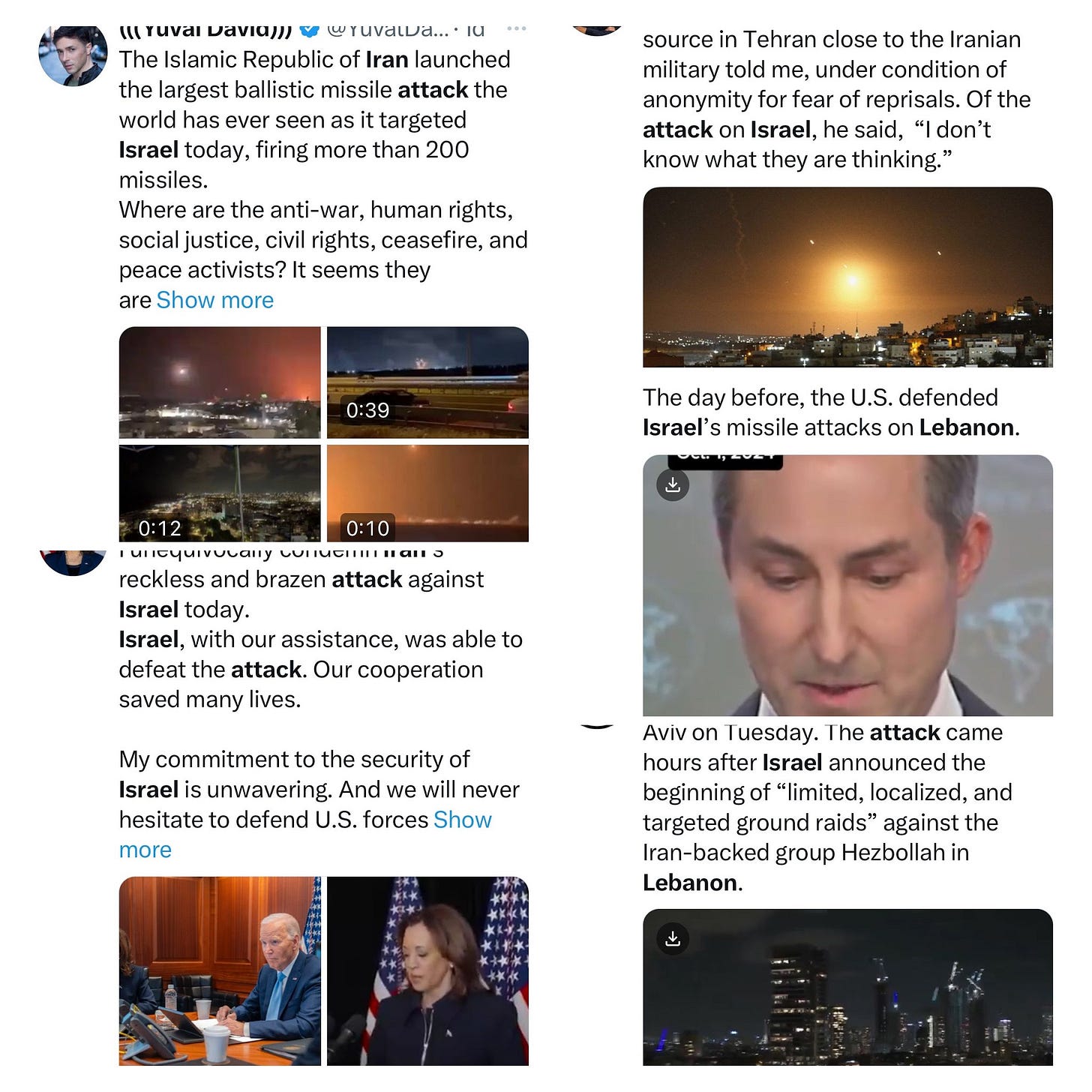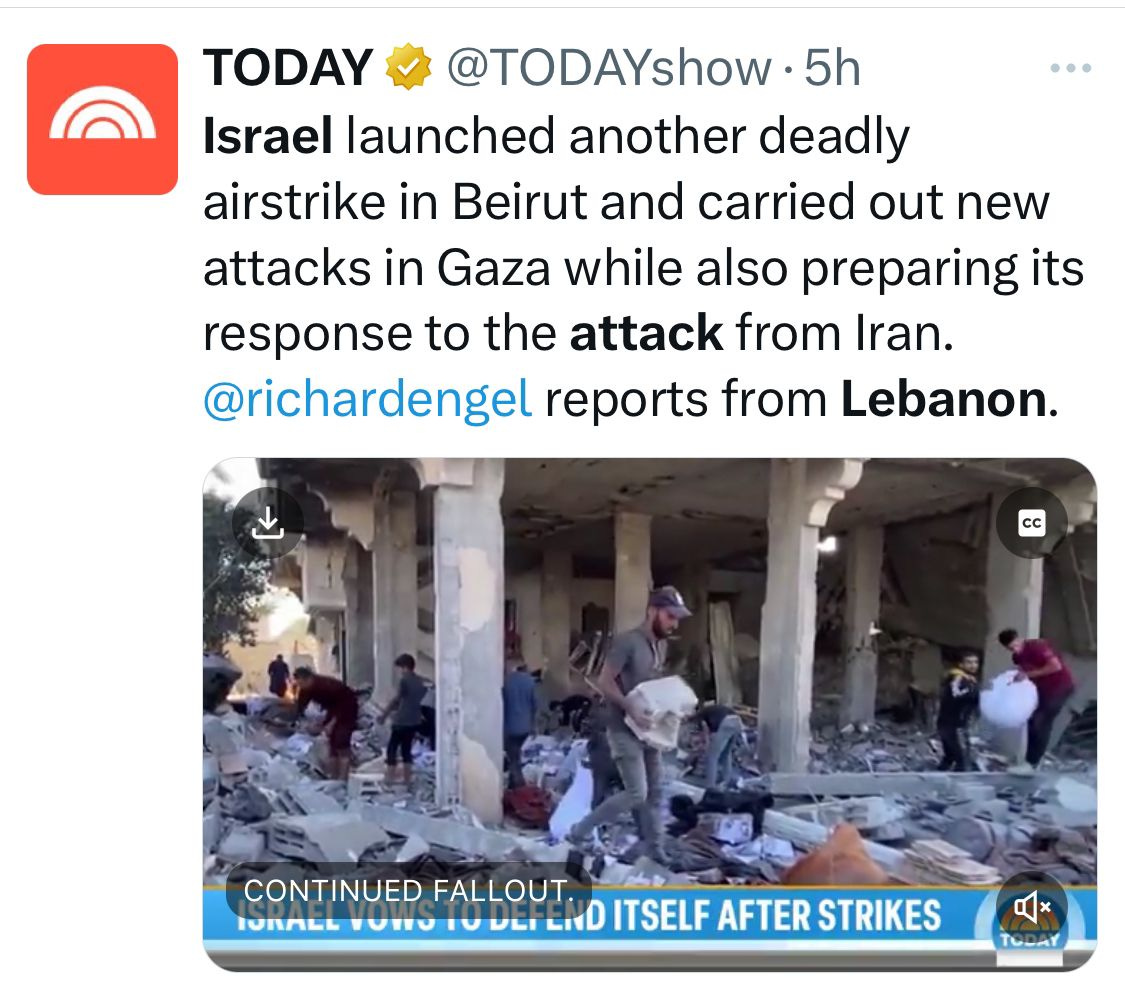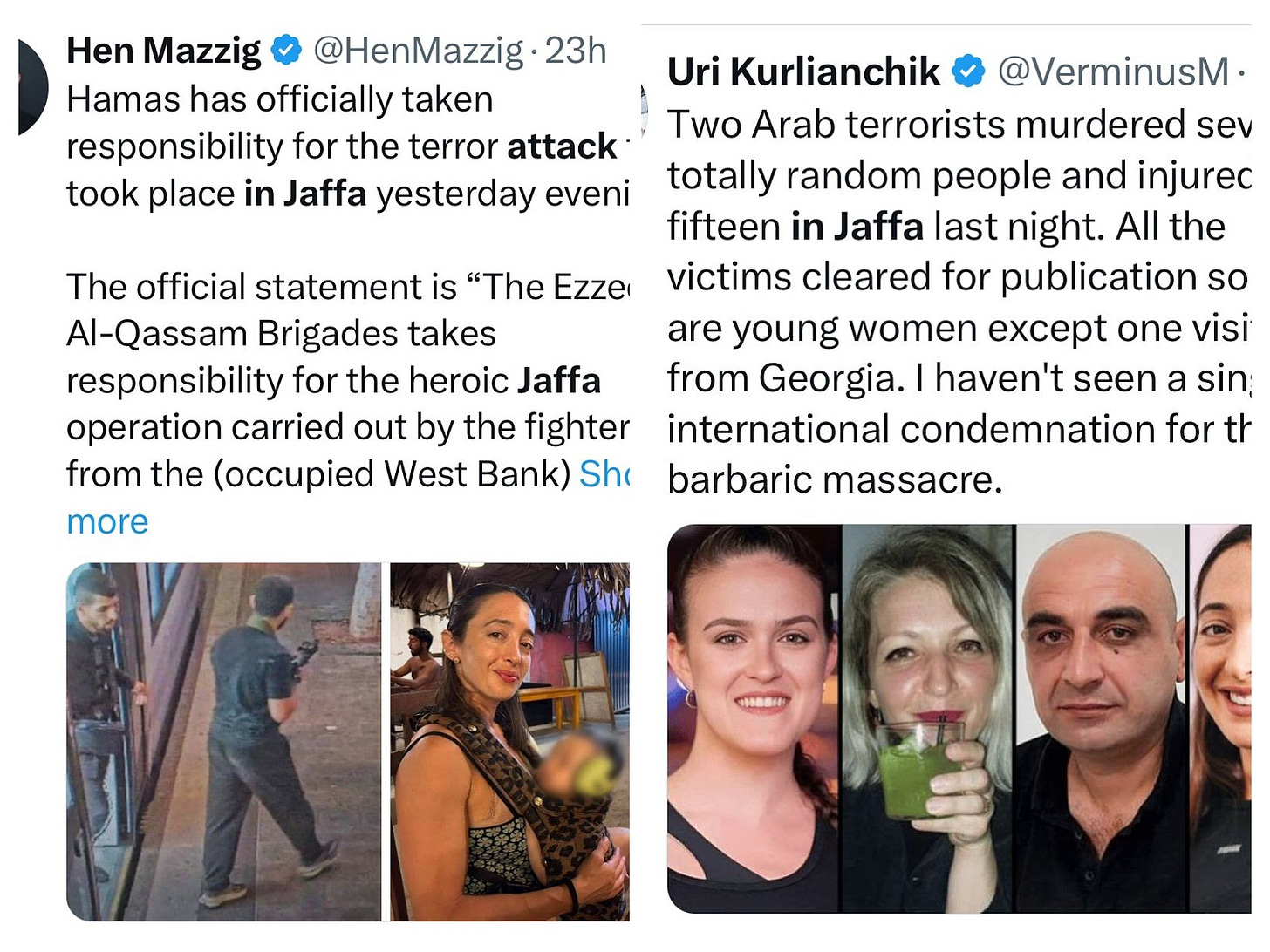Israel at War- Day 364
1. Israeli Airstrike Kills Head of Hizbollah in Beirut Lebanon
The Israeli Air Force (IAF) bombed a neighborhood in Beirut, the capital of Lebanon, where Hassan Nasrallah, the head of the extreme Islamic movement Hizbollah was hiding and killed him. Nasrallah led the organization for more than 30 years, during which it became a central player in the Lebanese political arena. Hizbollah had representatives in the national parliament and it had a lot of political influence in the government’s decision making process. In the last few decades it got closer to Iran, and is considered to be a close proxy of Iranian ideology and its wish for the elimination of Israel.
Hizbollah opened a military front with Northern Israel on October 8th, right after the October 7th attack launched by Hamas from Gaza on southern Israeli communities. Hamas hoped that Hizbollah would start a full-scale war with Israel, to show solidarity, which did not happen. Since October 8th, there was ongoing medium scale military rocket and missile bombing of northern Israel, causing extensive damage. All the Israeli communities who live on the border with Lebanon were evacuated in October, and all the communities remain deserted except for small military units.
Nasrallah was considered to be a charismatic persona, an extremist, a leader, who often verbally provoked Israel. The attack that killed him destroyed an area with at least four big and highly populated buildings. Hundreds were killed in the attack.
Many in Israel rejoiced publicly. In one of the highly-rated TV shows on Channel 12 News, the hosts of a popular talk show poured shots of alcohol. People were giving out candies and sweets in the streets all over the country. Nasrallah was an icon representing the ultimate evil for many Israelis.
2. Iran Launch’s Massive Missile Attack on Israel
A few air force bases and civilian sites were slightly damaged by Iranian missiles on Tuesday night in Israel. Iran launched almost 200 ballistic missiles towards targets in Israel. The Israeli army managed to alert all its citizens to seek shelter minutes before the missiles arrived, hundreds of miles from Iran. Using technology that was operated for the first time, all cell phones owners in Israel received an alert calling on them to take shelter for their safety. This technology didn’t need the download of an app or any other proactive move by the phone owners.
American forces, which are positioned in the Arabian Sea managed to intercept many of those missiles, the Israeli Air Force did the rest. It seems that only one Palestinian was killed in the West Bank city of Jericho. Nobody was killed in Israel and the damage was small considering the scale of the attack and the large number of missiles. Iran announced it will attack Israel.
Some damage resulted at Israeli air force bases, the IDF spokesperson said the damage was small and no aircraft or other important equipment was damaged. In addition, some places were hit by the resulting shrapnel of the destroyed missiles.
Israel announced it will not stay unresponsive and it will take the time to decide how to respond. Israel and the US administration are having talks on what should be the appropriate way to retaliate. There is a risk that if the response is too intense, it may open a full scale regional war between Israel and Iran, in addition to the war with Hamas in Gaza and Hizbollah in Lebanon and that the US will be dragged into this war.
3. Israel Launches Ground Invasion of Lebanon
Earlier this week, Israeli Defense Forces (IDF) intesfied its attcks against Hezbollah and initiated a ground operation against in southern Lebanon and a targeted strikes in Beirut, targeting Nassarallah’s succesor. The IDF mobilized five reserve brigades and additional forces for the mission in south Lebanon. Nine soldiers have been killed so far in the fighting.
An IDF Arabic-language spokesperson advised the residents of the villages in southern Lebanon to evacuate north of the Awali River, dozens of kilometers north of the Israeli border.
Over the week, Hezbollah launched hundreds of rockets and missiles at northern and central Israel, causing damages to properties in Israeli communities near the border and injuring one person, who was wounded by shrapnel.
An IDF spokesperson later reported "intensive fighting" with Hezbollah militants, who, according to the IDF source, were using civilians in the villages in southern Lebanon as human shields. IDF Spokesperson Daniel Hagari said in a statement that the purpose of the raids was "to thwart an attack similar to the one that occurred on October 7" which Hezbollah refers to as "capturing of the Galilee." Referring to the expansion of the ground operation in Lebanon, defense minister Gallant said the goal of the operations is to destroy Hezbollah's elite Radwan Force. "What has been done here is an expression of what it means to return the citizens of the north to their homes safely – we are changing the security situation from start to finish", Gallant said.
According to the Pentagon, defense minister Gallant spoke with U.S. secretary of defense Lloyd Austin, saying the two "agreed on the necessity of dismantling the attack infrastructure along the border to ensure that Lebanese Hezbollah cannot conduct October 7 style attacks on Israel's northern communities." However, Gallant and Austin also discussed “the importance of ultimately pivoting from military operations to a diplomatic pathway to provide security and stability as soon as feasible."
4. Seven Killed and Sixteen Wounded in Terror Shooting Attack in Jaffa
Forty minutes before Tuesday evening’s Iranian missile attack on Israel, two Hamas affiliated Palestinians from Hebron in the West Bank perpetrated a shooting attack on the light rail in Jaffa, a Jewish-Israeli town, which is part of the Tel Aviv municipality. The assailants shot and killed seven people and wounded another sixteen before they were neutralized by a local resident, a reservist and survivor of the Hamas October 7th attack on the Nova festival.
Prior to the attack, the shooters spent time in a nearby Mosque. Minister of national security Ben Gvir who arrived at the scene shortly after, made an immediate statement that if it turns out there is a connection to the mosque [from which the attackers emerged], it should be shut down and demolished. However, security sources said later that the mosque and its congregants were not involved in any way in the attack. According to a local MADA volunteer who was at the scene, Jewish and Arab rescue volunteers were quick to arrive to provide emergency treatment and evacuate the injured.
5. Rosh Hashana 5785
In Israel and around the world, Jewish people marked the beginning of a new year. In Israel, however, it is a somber holiday, marking almost a year since the October 7th 2023 Hamas attack on southern Israel. On New Year's Eve, 101 hostages are still held captive in Gaza, tens of thousands of residents from the south and north are still evacuated from their homes, and there are extensive Homefront restrictions due to ongoing missile attacks by Hizbollah.
President Biden, Vice President Kamala Harris, the Royal Family and other world leaders sent Rosh Hashana greetings to Jewish people and to Israel, and many Israelis upheld the traditional custom of sending wishes for a good and sweet year.
The writers and editor of the Israel Weekly News Roundup would like to wish our Jewish followers around the world Shana Tova, and may 5785 be a year of healing, reconciliation and peace.










